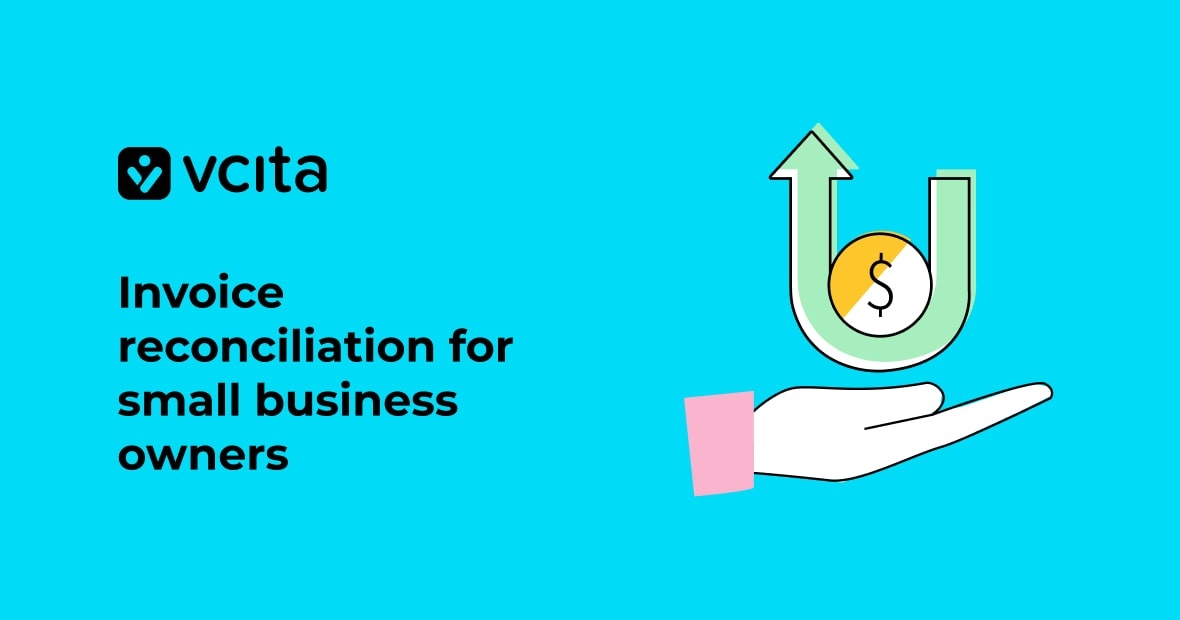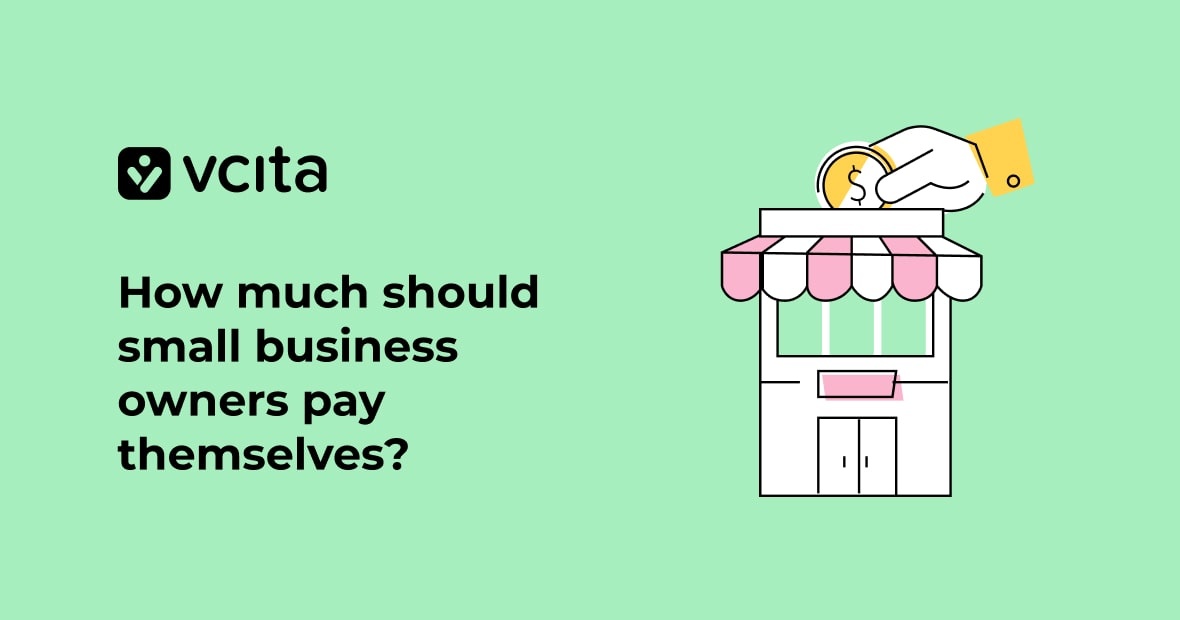April is Financial Literacy Month, which raises awareness to the dire need for everyone, including small business owners, to learn and enrich their finance knowledge. It is no secret that in order to run a successful business, you need to learn how to properly manage your finances.
You don’t have to be an expert but, there are a certain set of skills you can acquire that will help you in your efforts to become a financially savvy and successful business owner. In this article we break down five crucial financial skills and how to gain them, so that financial literacy will become second nature to you.
Why hone in on financial skills for business?
Financial literacy is important for many reasons. Honing in on important financial skills for your business will make you more resilient and allow you to access more funding opportunities when and if the need ever arises. By being able to properly track your small business finances and being aware of financing options out there, you can keep your business afloat during hard times.
Getting organized and being able to access your financial records easily will also ensure that you are better prepared for accounting and tax compliance. This sets you up for a successful tax season as well as any additional ventures for your business.
Finally, being able to track what’s coming in and what’s going out will help you make smarter, more informed decisions about your business. These decisions will directly affect your profitability so you want to make sure you have the full picture of your business’ financial health.
Top financial skills to have if you’re a small business owner
1. Reading financial statements
One of the most important things you need to be able to do as a small business owner is to read financial statements. Not only read them, but know how to update them and understand them completely.
There are three main types of financial statements for small businesses that you need to be able to read:
- Balance sheet: This statement presents your assets, liabilities and equity. This is the sheet that helps you forecast and display your financial health to business lenders.
- Income statement: This statement is also known as a P&L statement (profit and loss) and it tracks your income, expenses and profits.
- Cash flow statement: This is a report of all the cash your business has received and spent over a set period of time. This is the statement that shows whether or not you can afford to pay salaries, bills, cover expenses and more.
2. Budgeting for your business
Probably one of the least fun things to do, but also one of the more important ones. Creating a budget for your business that doesn’t just track large expenses and incomes, but also tracks the small ones, and is updated frequently is one of the smartest money management skills you can have. Knowing where you can spend money, and how much, will impact your cash flow.
Having a business budget also allows you to reflect on your spending habits and improve them along the way. Perhaps you can negotiate with a supplier for a cheaper price and save a few bucks here and there, or maybe you’re overbuying a specific item you need and are left over with extras at the end of each month. Instead of putting the money to waste, you can learn to tweak your habits and improve them month over month, putting more money back into your pocket and your business.
3. Become a bookkeeping expert
In order to be able to understand and read your income statement, balance sheet and cash flow statement, you first need to be able to create and maintain them. You can choose to do this manually, using spreadsheets, but there are other options for that as well.
There are tools like Quickbooks, that help track your small business finances and build these statement sheets for you.The other option would be to hire a professional who can build these sheets for you and help you maintain them. However, that might be a bit expensive for your business. If you know your budget, you will know if you can afford such an expense.
4. Invoicing
Your business is considered as such when it starts to bring in money. Money is the name of the game and you have to learn how to play it. When billing your clients or vendors, you need to make sure you are efficient and that nothing falls through the cracks, meaning you need a sound invoicing strategy.
In order to upgrade your invoicing processes you can use a tool like vcita’s invoicing software that tracks and manages all your invoices and outstanding payments, sends automated reminders to clients to remind them to pay and automatically generates branded invoices for your clients, saving you time and making sure you get paid on time.
5. Building up your business credit score
Your business credit score is the best indicator of how risky your business is to lenders, investors and other stakeholders who can offer your business financing. Since your business credit score is a measure of your business’ ability to pay back its debts, you’ll want to make it a priority to get your business credit score as close to the 100 (the highest score possible) as you possibly can.
There are a few ways you can increase your business credit score:
- Register your business
- Get a business credit card and use it
- Make payments on time and in full
- Check your credit report regularly
- Lower your credit utilization
Master these skills and become a master of your business
This Financial Literacy Month, why not invest in your business in the most important way? By mastering these financial skills you can ensure longevity and sustainability in your business, present yourself as less of a risk to potential investors and lenders, and make smarter, more informed decisions about your business.
All of these financial skills will directly affect your bottom line, your ability to grow and your capabilities as a small business owner. It is your duty to the success of your business to hone in on these skills and create new financial habits that will follow through for years to come.




























